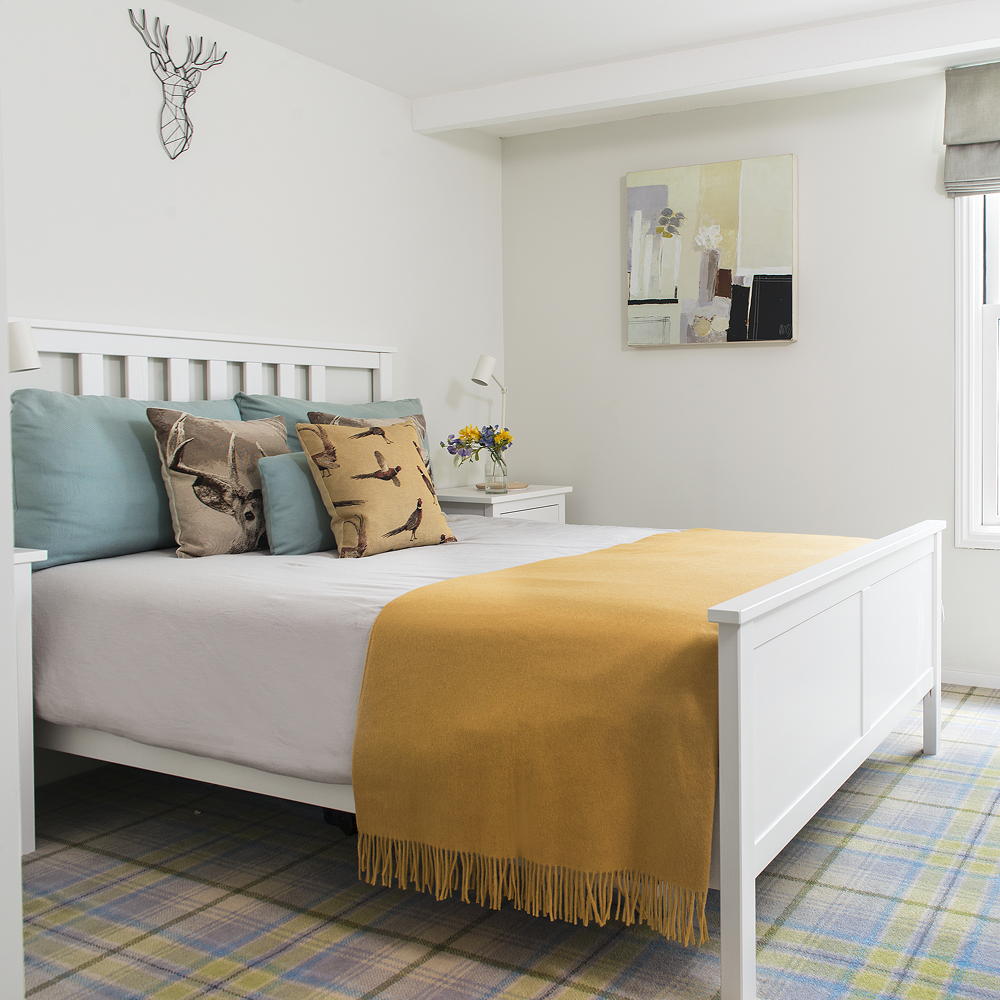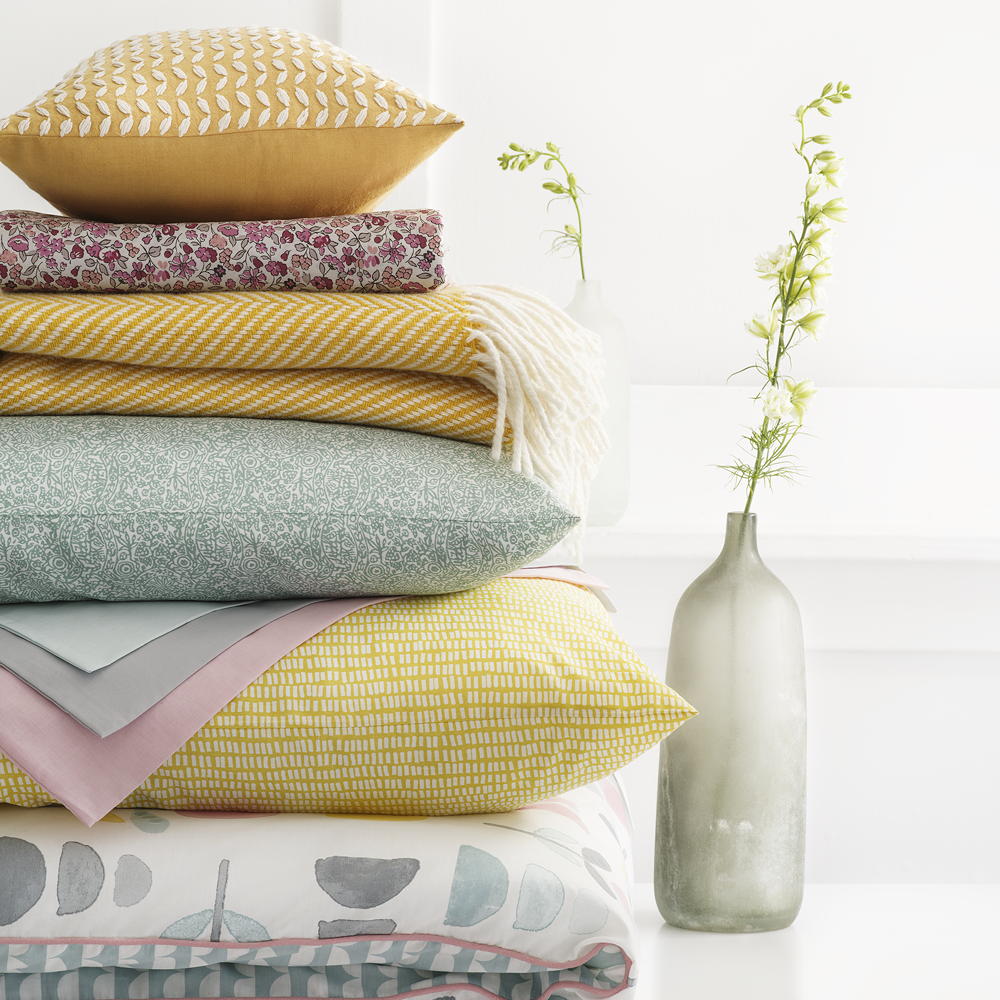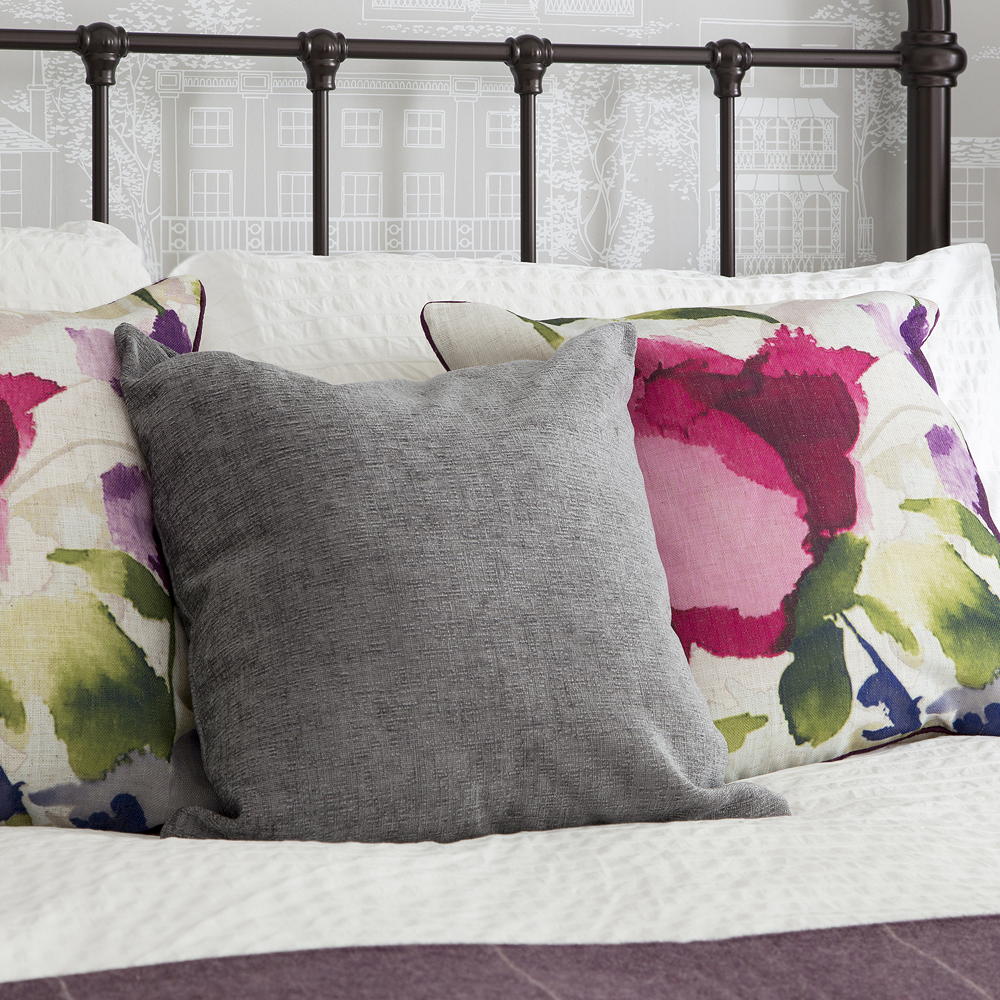The shocking amount of bacteria in your bed… if you’re squeamish look away now!
*Runs to the washing machine*

Bacteria and germs are at the forefront of everyone's minds at the moment. We are now diligently washing our hands for 20 seconds, and avoiding shaking hands. But, are you overlooking the bacteria in your home? Or specifically, the bacteria in your bed?
Related: Expert reveals why you shouldn’t be trying Mrs Hinch's latest mattress cleaning hack
You might be surprised to learn that your bed could be harbouring more bacteria than a toilet seat. That's right, each night after washing your face and brushing your teeth, you could be tucking yourself up in a sea of bacteria.
The research carried out by Amerisleep compared the number of bacteria on bedsheets and pillowcases to other household objects. Volunteers swabbed their bed for four weeks to see how much bacteria grew.

The study revealed that after just one week of use, pillowcases were found to have 17 thousand times more bacteria than a toilet seat. While pillowcases that were left unwashed for four weeks had 39 times the bacteria of a pet bowl.
If you think you can get away with just changing your pillowcases more regularly, think again. The study found that after one week our bedsheets had more bacteria than a bathroom doorknob. After just two weeks that number multiplied to have more bacteria than a pet toy.
It isn't surprising that our beds are a breeding ground for bacteria. Humans shed around 15 million skin cells each night, these provide the perfect setting for bacteria to multiply.
Get the Ideal Home Newsletter
Sign up to our newsletter for style and decor inspiration, house makeovers, project advice and more.

If you're are already feeling squeamish, you may want to look away for this next fact. The Sleep Council estimates that as much as a tenth of the weight of a pillow that has never been washed is made up of human skin scales, mould, dust mites and their droppings. I think we speak for everyone when we say: EWW!
The research also found that a mattress that was over 7 years old tested positively for 4 types of bacteria. Including gram-positive cocci and bacilli, that can sometimes be the source of nasty sicknesses such as food poisoning.

'Washing bed sheets regularly will reduce potential health implications, as will better mattress care,' explains McKenzie Hyed, certified sleep science coach for Amerisleep.
'To prevent harbouring bacteria, fold sheets half-way down the bed to dry out moisture which it thrives on. Use a mattress protector to keep out dust, dirt and spills. And replace your mattress if it's more than seven years old.'
The Sleep Council recommends cleaning your bedding and pillows on a hot wash to kill any nasty bacteria. However, if hot washing isn't possible you can also put your pillow in the freezer to kill any dust mites before popping on a cold wash.
Related: Kirstie Allsopp is a massive fan of this super-comfy and cooling mattress topper
Are you cleaning your bedding frequently enough?

Rebecca Knight has been the Deputy Editor on the Ideal Home Website since 2022. She graduated with a Masters degree in magazine journalism from City, University of London in 2018, before starting her journalism career as a staff writer on women's weekly magazines. She fell into the world of homes and interiors after joining the Ideal Home website team in 2019 as a Digital Writer. In 2020 she moved into position of Homes News Editor working across Homes & Gardens, LivingEtc, Real Homes, Gardeningetc and Ideal Home covering everything from the latest viral cleaning hack to the next big interior trend.
-
 A strict colour palette and vintage finds have turned this semi-detached Edwardian house into an elegant family home
A strict colour palette and vintage finds have turned this semi-detached Edwardian house into an elegant family homeSticking to a three-colour palette of green, pink and yellow and mixing in plenty of vintage furniture and art has created an authentic period feel
By Stephanie Smith
-
 A top-to-bottom renovation has turned this Edwardian house into a lovely family home
A top-to-bottom renovation has turned this Edwardian house into a lovely family homeWith a few considered structural changes, this period house has been turned into a family home and has created a sanctuary for years to come
By Maxine Brady
-
 How to heat a conservatory
How to heat a conservatory7 practical options to consider for year-round comfort
By Amy Reeves